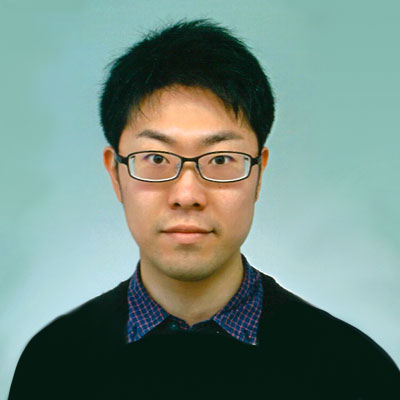Evelyn KF Yim
Associate Professor, University of Waterloo, Department of Chemical Engineering
Visiting 18 February – 28 February, 2017
About Evelyn KF Yim
Evelyn Yim is an associate professor at the University of Waterloo’s Chemical Engineering Department.
She is an alumni the Johns Hopkins School of Medicine. Her research interests include:
- Modulation of cell behavior with nanotopography
- Topography-regulation of stem cells lineage commitment and differentiation
- Differentiation of adult and pluripotent stem cells with nanotopography
- Fabrication and application of nano-structure for biomedical applications in neural, vascular, and cornea tissue engineering
- Biomaterial approach to study ex-vivo pluripotent stem cell expansion
Assoc Prof Yim’s Research
 The Regenerative Nanomedicine Lab
The Regenerative Nanomedicine Lab
Prof Yim’s recent research article In-vitro Topographical Model of Fuchs Dystrophy for Evaluation of Corneal Endothelial Cell Monolayer Formation appeared on the Back cover of Advanced Healthcare Materials latest issue.
In this study, the pathological changes in the micro-structure of basement membranes resulting from FED disease was analyzed, to identify geometrical dimension to develop an in-vitro disease model of synthetic corneal guttata pillars/domes by using microfabrication techniques. This model was used to study the monolayer formation of donor-derived human corneal endothelial cells to test the effectiveness of the corneal endothelial cell regenerative therapies. The results suggest that the corneal cell therapies may not be equally effective for patients at different stages of disease progression. The pre-existing guttata in patients could interfere with the cells thus hampering monolayer formation within the eye. Surgical removal of the guttata from the diseased Descemet membrane prior to cell regenerative therapy could increase the success rate of monolayer formation, which could potentially increase the chances of cell therapy success. This study also demonstrate how biomaterial design can be employed to mimic the pathological microstructural changes in basement membranes for better understanding of cellular responses in disease conditions. Read article.
The Regenerative Nanomedicine Lab Projects
Stem Cell and Nanotopography Interaction
The lab aims to obtain an understanding of the underlying mechanistic of the topography-induced cell behavior through the study of the nanotopography-induced changes in focal adhesion formation and the synergistic effect of nanotopographical, biochemical and substrate stiffness in directing stem cell differentiation.
Applications of Nanotopography in Neuronal Regeneration
Prof Yim’s studies showed that hMSC aligned and elongated along the axis of the gratings. Expression of neuronal markers and upregulation of neuronal gene marker were detected. They have also shown that the influence of nanotopography on proliferation and differentiation is more significant compared to micro-topography.
Layered Reconstruction of Cornea
The lab’s research leads them to hypothesize that nano-structured substrate can enhance cell-substratum interaction and provide optimal support for a cornea substitute.
Vascular Repair with a Combination of Nanotopography and Stem Cells
As the underlying cause of most cardiovascular diseases is related to atherosclerosis, the lab aims to address the root of the problem by engineering vascular grafts for vascular replacement and vascular repair using stem cells.


 The Regenerative Nanomedicine Lab
The Regenerative Nanomedicine Lab



